By Michael Wilmington
A noir-lover’s guide to classic film noir on cable TV. All the movies listed below are from the current schedule of Turner Classic Movies (TCM), which broadcasts them uncut and uninterrupted. The times are Eastern Standard and (Pacific Standard).
PICK OF THE WEEK
“Casablanca” (1942, Michael Curtiz) Wednesday, Aug. 29, 10 p.m. (7 p.m.) On the Warner Brothers back lot, in an exotic city that hums with intrigue, we watch one of the movies’ immortal affairs and grandest pictures: “Casablanca” is, in some respects, the perfect Hollywood Golden Age studio movie.
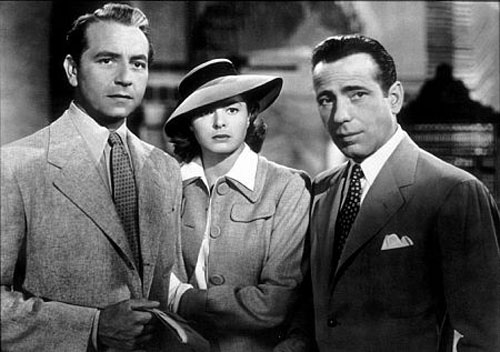
Stuck in the middle: Ilse (Ingrid Bergman) is torn between duty (Paul Henreid) and love (Humphrey Bogart) in “Casablanca,” one of the best Hollywood Golden Age studio movies.
We see the frustrated and tormented but finally sublime passion of gloomy hard-case cabaret owner Rick (Humphrey Bogart, in his most popular role) for scared, on-the-run Ilse (Ingrid Bergman, in hers). Ilse is the emotionally torn woman of mystery whom Rick loved and lost, the angel who won his heart and left him in Paris. She now belongs body and soul, it seems, to the idealistic underground anti-Fascist leader Victor Laszlo (Paul Henreid). Around them swirl the ideological storms of Nazi-ravaged Europe, at least as Warners saw them.
And backing them up is one of the all-time great Hollywood supporting casts: Claude Rains as the suave and lecherous Vichy police head Renault; Conrad Veidt as the elegant, murderous Nazi commander Strasser; Sydney Greenstreet as the vaguely sinister rival cabaret owner; Peter Lorre as Ugati, the rat with the papers; S. Z. “Cuddles” Sakall as the lovable fat busybody; Marcel Dalio as the nimble croupier; Curt Bois as the ferret-like pickpocket (“Vultures everywhere!”); and of course that indefatigable piano man Sam (Dooley Wilson) – the fellow who plays (or doesn’t) “As Time Goes By.”
“Casablanca,” which expertly melds several key ’40s Hollywood genres (drama, comedy, noir, spy thriller, love story) was adapted from a truly lousy play “Everybody Goes to Rick’s,” reworked by the Epstein brothers (Julius and Philip) and Howard Koch, and directed by that sometimes underrated master, Michael Curtiz. A big hit in its day and also a multiple Oscar winner, this picture has never stopped pleasing and rousing audiences. It probably never will. (Also available in Warners’ three-disc 70th anniversary edition DVD and Blu-ray.)
Saturday, Aug. 25: Tyrone Power Day
2:30 a.m. (11:30 p.m.): “Witness for the Prosecution” (1957, Billy Wilder) From the famous Agatha Christie short story, Billy Wilder expertly fashions one of the screen’s trickiest trial-drama/murder mysteries – with Charles Laughton as the wily, wheelchair-bound barrister, his real-life wife Elsa Lanchester as his long-suffering nurse, and Tyrone Power and Marlene Dietrich as the incendiary couple caught up in a legendary triple-reverse surprise ending.
Tuesday, Aug. 28: Ava Gardner Day
10:45 p.m. (7:45 p.m.): “The Bribe” (1949, Robert Z. Leonard) Robert Taylor, Ava Gardner, Charles Laughton and Vincent Price in the smoky noir tale of a federal guy and a femme fatale. A lot of it wound up in the 1982 Steve Martin–Carl Reiner film noir parody “Dead Men Don’t Wear Plaid.”
Wednesday, Aug. 29: Ingrid Bergman Day
6 p.m. (3 p.m.): “Gaslight” (1944, George Cukor) Set in foggy Victorian gas-lit London, this is the best of all the melodramas and noirs where a bad husband tries to drive his wife insane (or vice versa). Here, Charles Boyer gives the treatment to Oscar-winner Ingrid Bergman. Joseph Cotten, Dame May Whitty and teenage Angela Lansbury are among the bystanders. Based on the Patrick Hamilton stage play (and film) “Angel Street.”
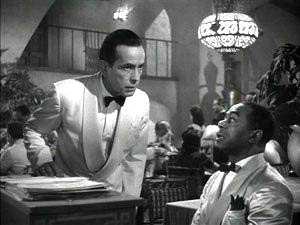
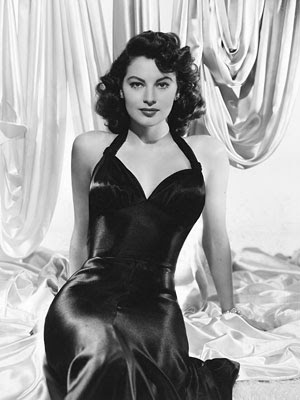





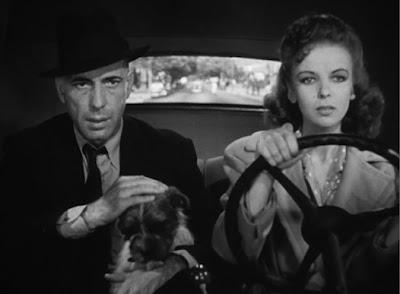
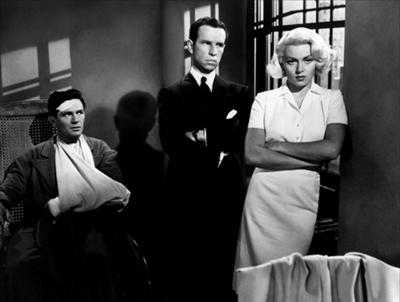
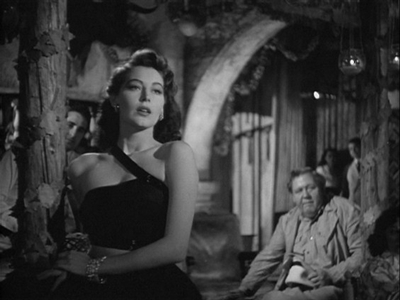

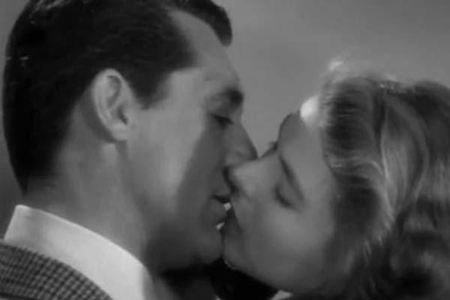
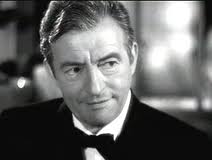
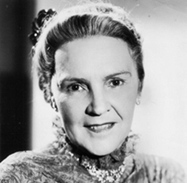
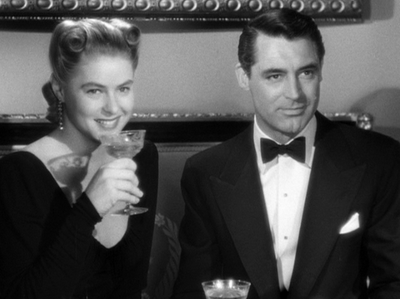
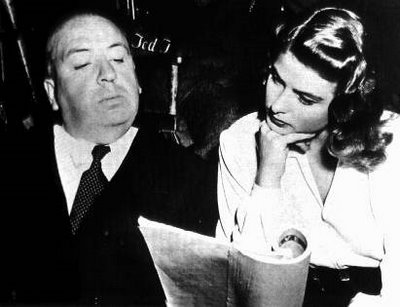
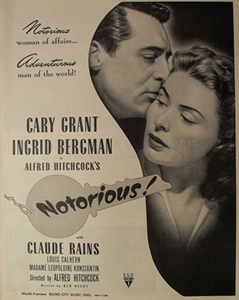
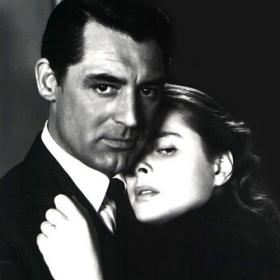





From FNB readers